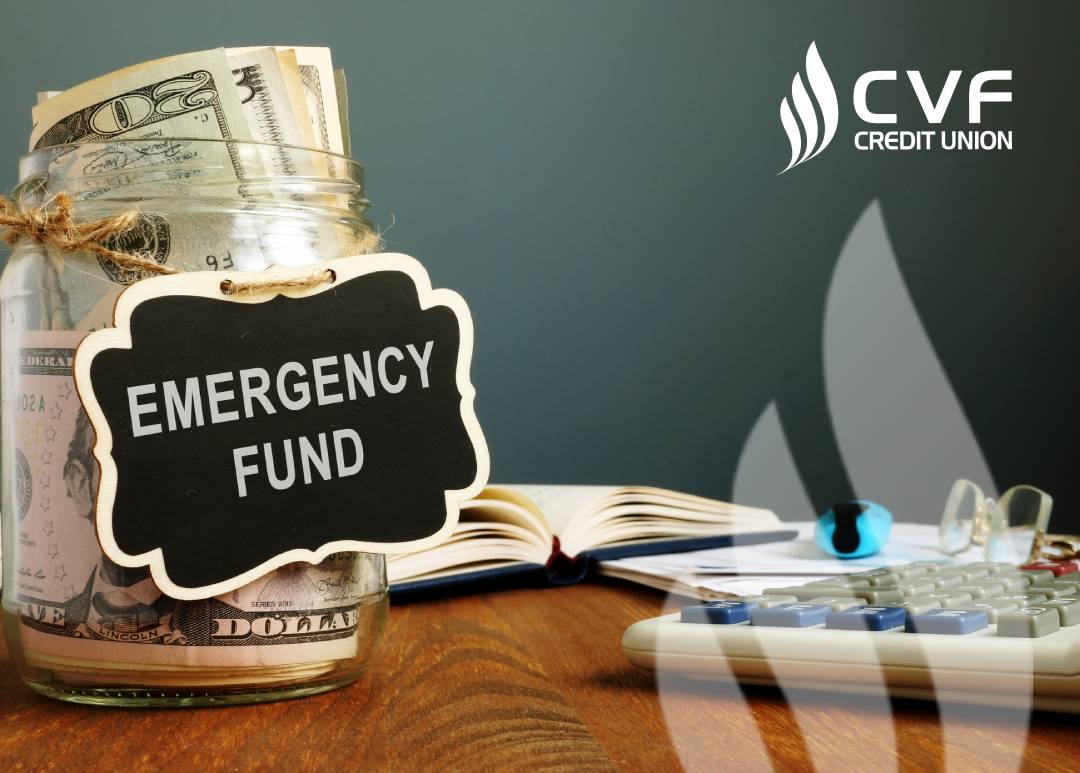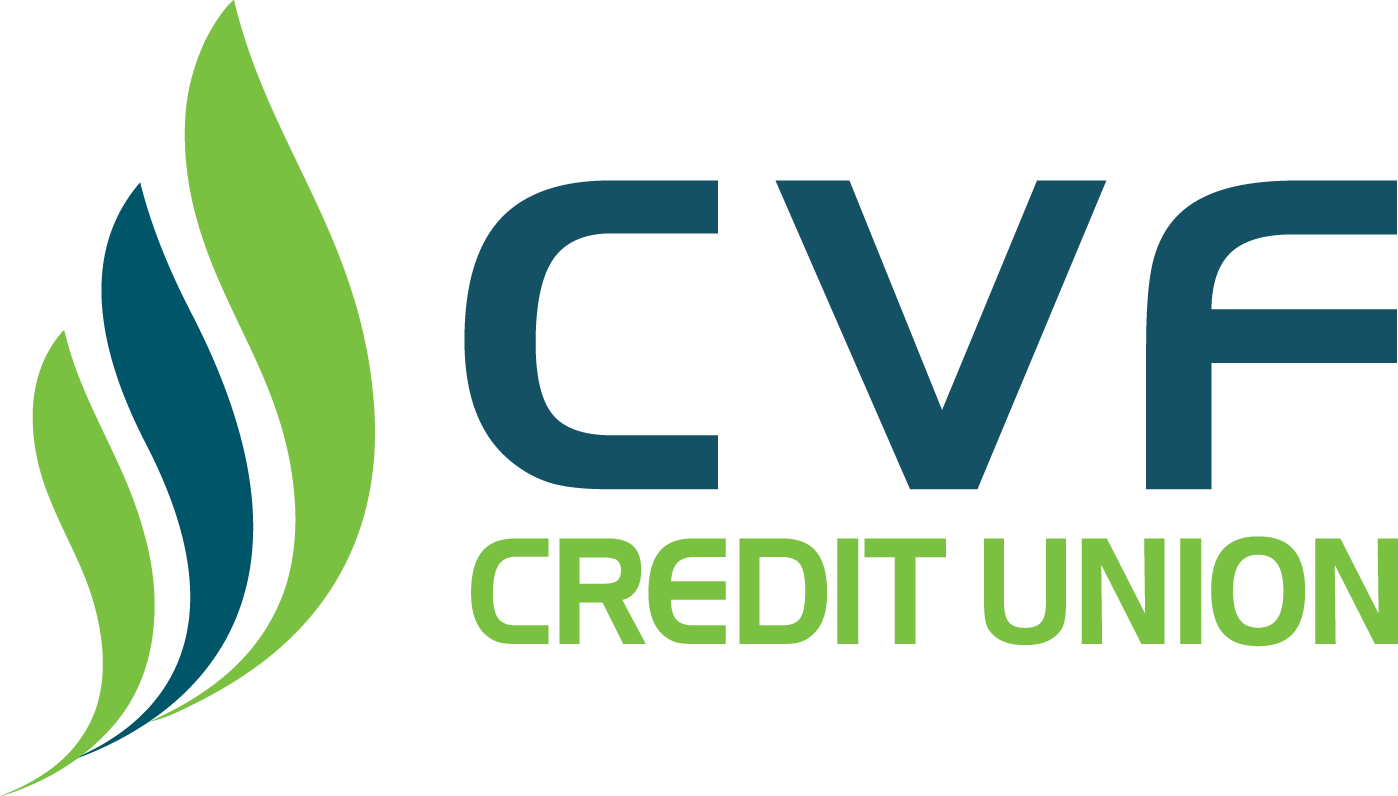
Be prepared: strategies for creating an emergency fund
We all know how essential it is to have savings, but it’s especially important to have an emergency fund. An emergency fund is a separate savings account you can rely on in case of unexpected expenses.
The 2023 Bankrate survey found that 1 in 4 Americans would pay for a $1,000 emergency with their credit cards rather than their savings. That’s 25% of Americans that would go into debt if faced with an emergency.
But what is an emergency fund, and how much do you need to save?
Today we’ll discuss the importance of saving for emergencies, tips for growing your rainy-day fund, and strategies for building a financial safety net.
Why saving matters – the benefits of building an emergency fund
Saving is important for several reasons.
For one, having an emergency fund can help prevent relying on credit cards or taking on high-interest debt in case of an unexpected expense. Knowing you’re prepared for a financial emergency can also provide a sense of security and peace of mind.
Setting savings goals – how much you should save and when to start
The best time to start saving is as soon as you can generate an income. The next best time is right now. Start by setting a realistic goal that you can stick to, saving a certain amount each month or setting aside a percentage of your paycheck. An emergency fund should cover at least three to six months’ worth of living expenses. This will give you enough cushion to cover basic costs in an emergency, such as an unexpected job loss or a medical expense.
Finding money to save – simple strategies to boost your savings
If you’re looking for ways to save money for your emergency fund, you can use several simple strategies to boost your savings.
One effective way to save money is to automate your savings through direct deposits or to set up a recurring transfer to your emergency fund. This will help ensure your savings are automated, so you don’t have to think about it. You can also find extra money to save by tracking your spending and cutting back on non-essential purchases. Review your budget and see where you can make cuts, such as reducing your dining-out budget, canceling unused subscriptions, or searching for cheaper options.
Choosing the right savings account – tips for maximizing your returns
Once you’ve decided how much to save and where to find the money to save, the next step is to choose the right savings account.
Finding an account that offers a competitive interest rate is important, as this will help maximize your returns. You should also look for an account that offers easy access to your money and low or no fees. Look for a savings account with the necessary features to maximize your savings.
Staying motivated – how to make saving a habit and achieve your goals
Saving can be difficult, and getting distracted or losing motivation is easy. That’s why it’s important to have a plan for staying motivated and making saving a habit.
One way to stay on track is to set financial goals and break them down into smaller, achievable steps. You can even use visual reminders, such as a savings jar or a savings chart, to stay motivated and track your progress.
It’s also important to reward yourself when you reach your goals. Not only will this help keep you motivated, but it will also give you something to look forward to.
Ready to start building your emergency fund?
Building an emergency fund is an important step in preparedness and financial security. It’s important to have an emergency fund to cover unexpected expenses and provide a financial safety net in case of a financial emergency. Moreover, part of financial security is to save for other financial goals, such as retirement or a down payment on a home.
CVF Credit Union can help you get started on your savings journey with our savings calculator and other financial resources.



